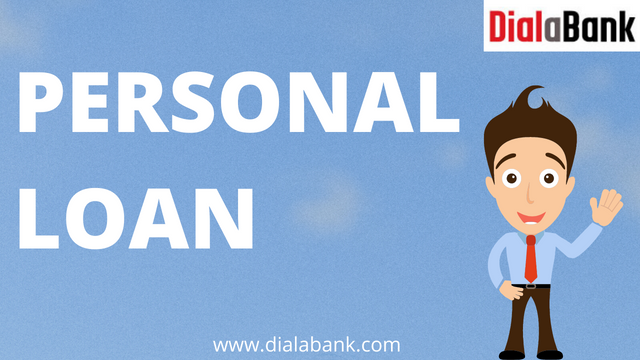
The interest rate charged on personal loans can be between 11-25% per annum. Looking at the 5 years with a loan of Rs 2,00,000 earning interest on 14% it shows the borrower paying a total of Rs 2,79,220 in total. One of the easiest ways to close a loan is to pay in advance or Part Pay on the loan.
What is an advance payment or partial repayment of a loan?
Usually, once the loan is received, it is repaid to the Estimated Monthly Installments (EMIs) until the end of the loan period. However, if you have a large amount of money available, you have the option of paying part of the principal or paying the principal principal amount in one shot and closing the loan.
Can I pay in advance or partially repay a personal loan at any time during the loan tenure?
While some loans such as the mortgage rate are allowed by the RBI to be repaid in advance or partially paid at any time during the loan period without penalty, the same treatment is not available on personal loans as it is a limited based loan.
Most personal loans issued by banks or NBFCs have different lock periods as determined by lenders. They can be anywhere between six months to one year or more. This is one of the most important pieces of information anyone who wants a loan should pay attention to.
A self-closing period means a time when you will not be able to repay in advance or partially repay any loan. However, more and more lenders are late in allowing personal financing without a time limit.
After the Lock-in Period, Is Prepayment or Part of Personal Loan Payment Out of the Fee?
As mentioned above, a personal loan is a loan based on a fixed amount and therefore, carries a prepaid fee or partial repayment of the loan. The Personal Loan Interest Rates may vary between banks and the remaining loan period.
What Are the Benefits of Prepaying Personal Loans?
Personal loans have higher interest rates, only next to interest charged on the balance of the remaining credit card. We acknowledge that Standard Chartered personal loan can help you in more than one way. However, high-interest rates tend to turn into a financial burden that leads to an increased risk of failure and crime.
Let's take an example to show how much you can save by paying a loan in advance. We continue with our previous example of an individual loan of Rs 2,00,000 earned at 14% interest for 5 years. A 5% prepayment fee is charged and a one-year closing period is in place.
If prepayment is made immediately after the closing time, we realize that there is a significant saving in interest on the interest payable. However, these benefits continue to decline as downtime decreases as EMIs are organized in such a way that interest rates are higher at the start of the loan period.
What Are the Benefits of Comprehensive Personal Loan Payment?
You should often hear that experts advise you to pay as much as possible to reduce the interest rate on a home loan. Therefore, walking in the same spirit and performance given above, partial repayment on personal loans should also bring the same benefits. Unfortunately, however, partial payment is not allowed on personal loans by most lenders.
Conclusion:
Prepaid and partial payment (if approved by the lender) has significant benefits for the borrower of the personal loan. Therefore, making it very important to ensure that your personal loan has favorable repayment conditions.